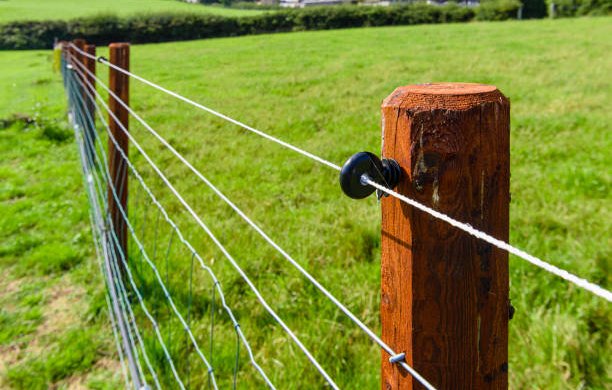The government has launched a major conservation initiative to build an electric fence around Kidepo Valley National Park, aiming to reduce human-wildlife conflict and enhance community safety in surrounding areas.
The project, the first of its kind in the region, was inspected by the Minister of State for Tourism, Wildlife, and Antiquities, Martin Mugarra Bahinduka, who hailed it as a key milestone in the country’s conservation efforts.
Phase One of the 100-kilometre fence is designed to protect farmlands and settlements near the park from wildlife incursions while also safeguarding endangered species within the reserve.
“We are committed to supporting conservation and improving the lives of our people,” Minister Mugarra said during the inspection. “This electric fence will play a critical role in reducing human-wildlife conflict and promoting peaceful coexistence between humans and animals.”
He also highlighted the importance of local community involvement in the project, emphasizing that their participation is essential for its long-term success. “We value the local community’s active engagement in this initiative. Their involvement is key to ensuring the project’s sustainability,” he added.
Human-wildlife conflict has been a longstanding issue in areas near national parks, with communities often facing crop destruction, livestock attacks, and occasional injuries caused by wild animals.
The government has committed to working closely with local communities and conservation stakeholders to mitigate these conflicts and strengthen wildlife protection measures.
“We will continue collaborating with local communities to address the challenges posed by human-wildlife conflict,” Minister Mugarra said. “Our goal is to ensure that both people and wildlife can thrive together.”
Similar electric fencing projects have been successfully implemented in other conservation areas, such as Kwale County, where authorities report a significant decrease in wildlife incursions and improved relations between park management and neighboring communities.
